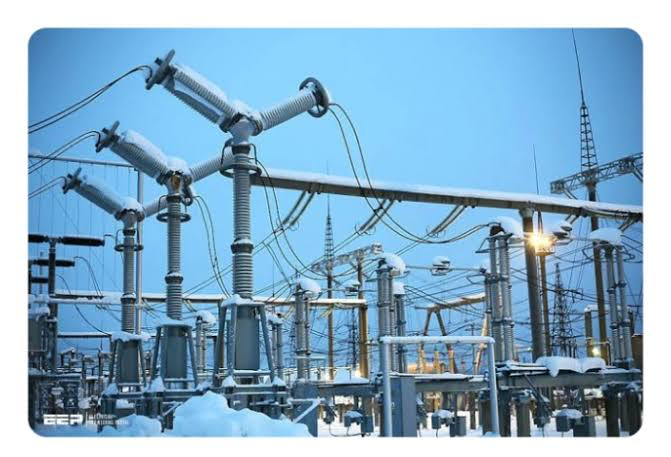Cape Town, the second most populous city in South Africa, is taking steps to reduce its dependence on the national power utility Eskom and shield its residents and businesses from the frequent power cuts that have plagued the country for years.
The City of Cape Town has issued a tender to procure power from existing generators, such as solar panels, wind turbines, biogas plants, or diesel generators, that are already connected to the grid or can be connected within six months.
The tender, which closes on 8 April 2024, aims to buy up to 300MW of dispatchable or reserve power and up to 200MW of self-dispatchable power from private producers at a lower cost than the prevailing Eskom tariff. The contract period is three years and is subject to approval by the National Treasury.
The City’s move is in line with its objective to mitigate load shedding, which is the deliberate interruption of electricity supply to avoid overloading the grid. Loadshedding has become a common occurrence in South Africa due to Eskom’s aging and unreliable infrastructure, high demand, and insufficient generation capacity.
According to the City, load shedding costs the local economy about R75 million per stage per day, affecting businesses, households, and essential services. The City’s current priority is to protect against the first four stages of Eskom load shedding by 2026, which would require about 450MW of additional power.
The City’s tender is part of its broader efforts to diversify its energy mix and increase its share of renewable energy sources. The City has also applied for permission from the national government to procure power directly from independent power producers (IPPs), which would allow it to access more than 1,000MW of new generation capacity.
The City is not alone in its quest for energy security and sustainability. Several other municipalities, such as Johannesburg, Tshwane, and eThekwini, have also expressed interest in procuring power from IPPs or developing their generation projects.
The national government has also recognized the need to reform the energy sector and open up the market for more private participation. In October 2023, President Cyril Ramaphosa announced that the licensing threshold for embedded generation projects would be raised from 1MW to 100MW, enabling more businesses and households to generate their power and sell excess power to the grid.
The government has also launched several procurement programs for renewable energy, gas, coal, and battery storage, aiming to secure more than 11,000MW of new capacity in the next few years.
These initiatives are expected to ease the pressure on Eskom, reduce greenhouse gas emissions, lower electricity prices, and create jobs and investment opportunities in the energy sector.
However, there are still many challenges and uncertainties facing the energy transition in South Africa, such as regulatory delays, legal disputes, grid constraints, financing difficulties, and social and environmental impacts.
The City of Cape Town, along with other stakeholders, is hopeful that the tender will be a success and will contribute to the city’s resilience and prosperity.
As the City’s Executive Mayor, Dan Plato said in a statement, “We are doing everything in our power to ensure energy security for our residents and businesses, and to become a more sustainable and forward-looking city.”
Source: ESI Africa



